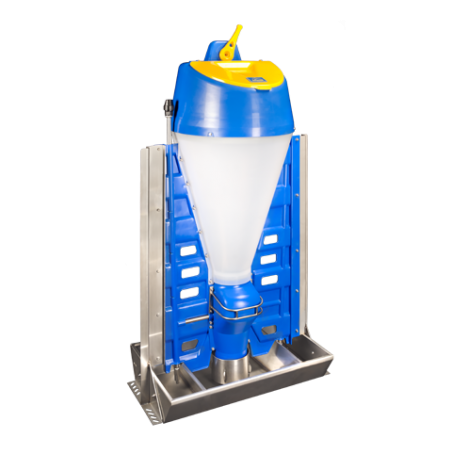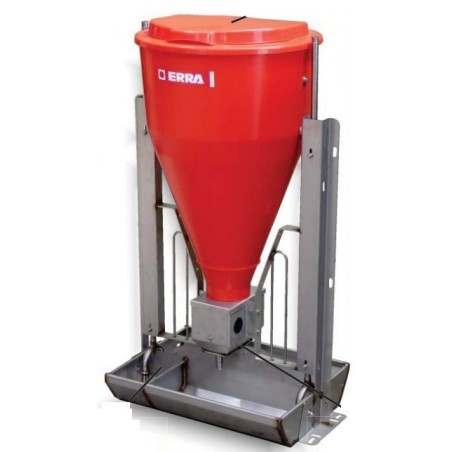Feeding costs play a vital role in determining the profitability of pig production. Currently, soya is widely used as a protein source in animal nutrition worldwide, but most of soybeans are genetically modified organisms (GMOs). Due to the increasing aversion towards GMOs in the EU and the need to ensure a stable supply of feed materials, it is necessary to explore other local high-protein alternatives. In Europe, rapeseed and non-GM soybeans are two important oilseeds that can serve as potential substitutes. These plant materials are rich in essential amino acids, which complement each other. Despite their nutritional value, they are not commonly used in their natural form in animal diets because they contain high levels of antinutritional factors. To enhance the nutritional value of these feed components, various enrichment treatments can be employed, such as extrusion, toasting, or extraction, along with the use of certain enzyme additives. Phytase is an enzyme that can increase the energy value of the feed and improve the digestibility of protein, sugars, and fat in the feed mixtures. Therefore, the aim of this study was to determine how different doses of phytase in diets with extruded soybean seeds and rapeseed meal affected pigs' growth performance, meat quality, bone mineralization, and fatty acid profiles. For that purpose, sixty pigs were divided into three treatments by sex and body mass. Pigs were divided into starter (25 days), grower (36 days), and finisher (33 days) periods and fed with mash diets. No phytase was used in the control group diet, whereas in Phy1 and Phy2, 100 g and 400 g of phytase per ton of mixture were used, respectively.
As a result, the feed conversion ratio and meat colour were significantly correlated with phytase. Phytase supplementation had no effect on the growth of pigs, but total phosphorus was significantly increased in the bones and meat of the pigs. The enzyme additive reduced the C22:4 n-6 acid content in the meat, whereas other results were not significantly affected.

The data suggest that the addition of phytase at a dosage of 100 g/ton to diets with extruded full-fat soya seeds and rapeseed meal can be valuable, as it reduces the feed conversion ratio and increases the phosphorus content in the meat and bones.
Buzek, A., Zaworska-Zakrzewska, A., Muzolf-Panek, M., Łodyga, D., Lisiak, D., & Kasprowicz-Potocka, M. (2023). Phytase Supplementation of Growing-Finishing Pig Diets with Extruded Soya Seeds and Rapeseed Meal Improves Bone Mineralization and Carcass and Meat Quality. Life, 13(6), 1275. https://doi.org/10.3390/life13061275






